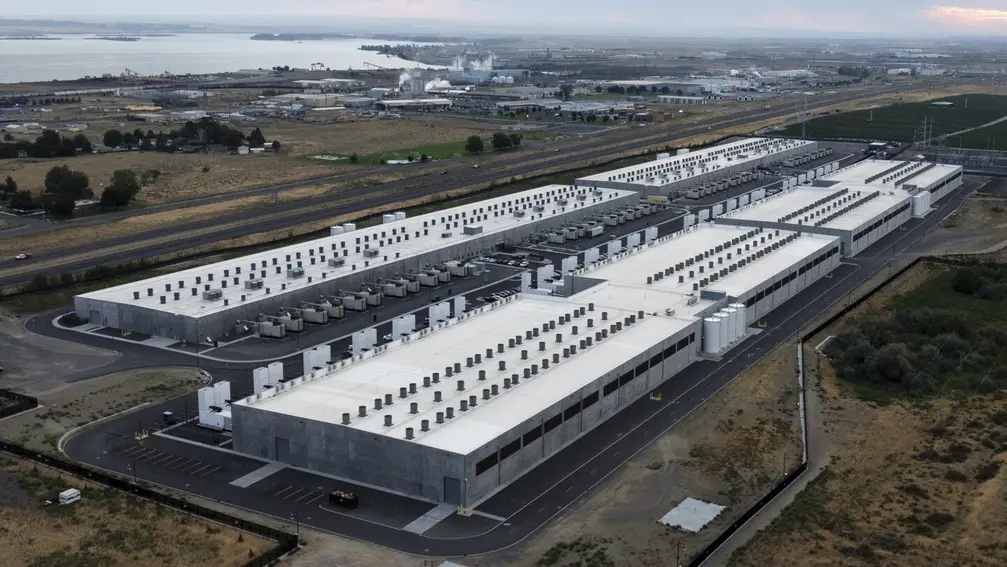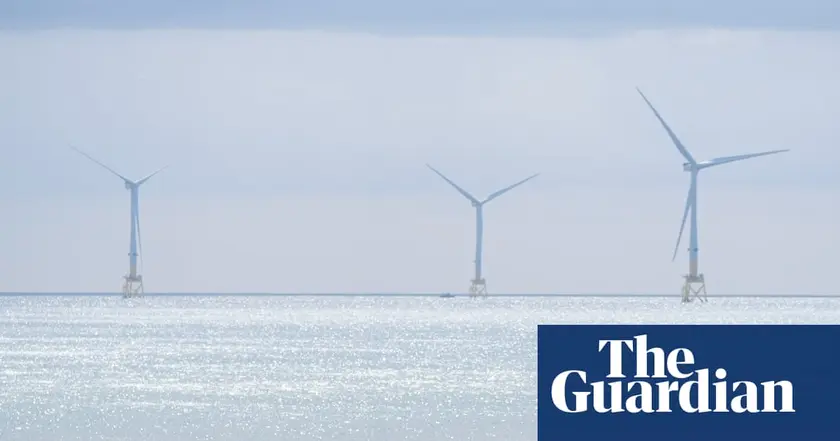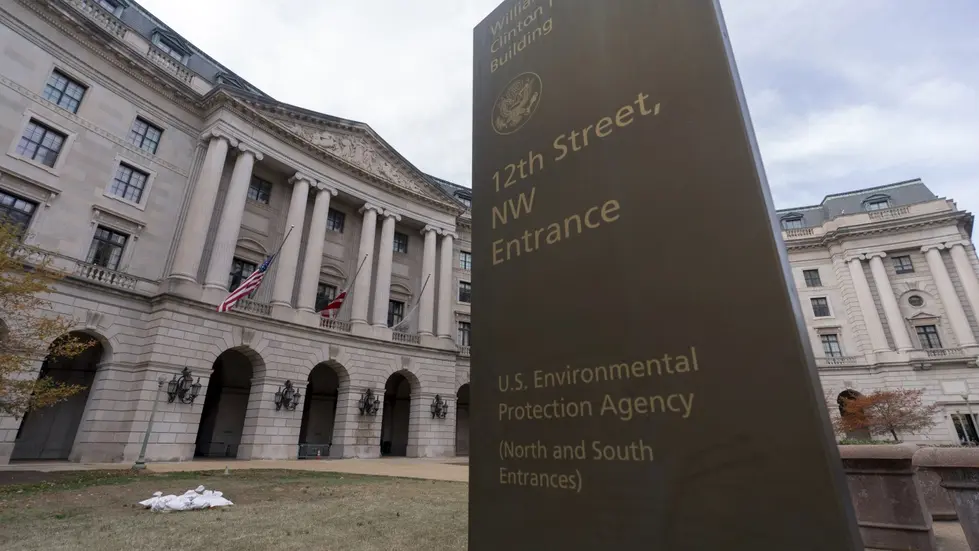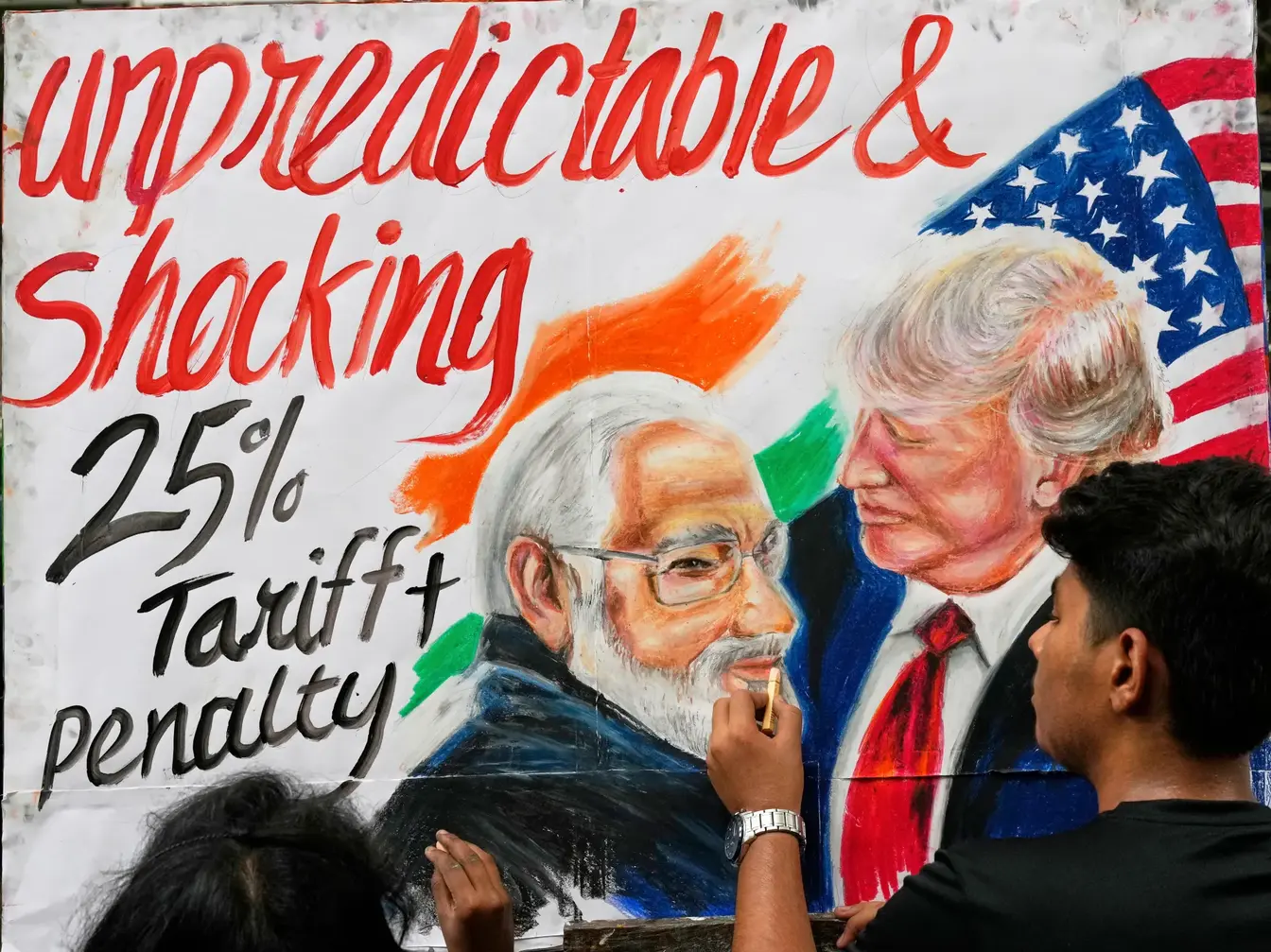T4K3.news
Trump public statement on energy costs
Trump claims wind and solar drive rising electricity bills; analysts say the link is contested and policy choices influence future costs.

Former president asserts wind and solar boost electricity costs while analysts push back with broader market context.
Trump Blames Renewable Energy for Rising Bills
Trump used Truth Social to claim wind and solar are driving electricity prices higher, calling renewables 'THE SCAM OF THE CENTURY' and vowing not to approve more wind or solar projects. Analysts counter that renewables account for only a fraction of recent price moves, with costs driven by higher demand, aging infrastructure, and more extreme weather linked to climate change. They note the energy use of data centers and growing electric vehicle charging as rising demand, even as GOP efforts trim clean energy incentives approved under the Biden administration.
Natural gas remains a major power source, with prices rising as exports grow. More than 40% of U.S. electricity comes from natural gas, and policy shifts in tax credits are sparking debate about future generation capacity and jobs. Democrats argue the GOP tax changes will slow clean energy growth and raise bills, while renewables advocates warn that cutting incentives delays cheaper, cleaner capacity and hurts local economies. The discussion also features Republicans like Senator Grassley seeking a glidepath for phasing out credits, signaling a multiyear policy tug of war.
Key Takeaways
"More than 40% of U.S. electricity comes from natural gas"
Energy mix note cited in the discussion of price drivers
"Blocking cheap energy while backing old fuels makes no sense"
Editorial response to the policy stance
"The real scam is blaming solar for fossil fuel price spikes"
Renewables advocate reaction to the claim
"By slowing clean energy deployment, the administration is fueling cost increases"
Statement from energy industry representative
This debate shows how energy pricing has become a political stage. Prices are influenced by demand growth, grid modernization needs, and climate-driven disruption, not a single sector. The rhetoric risk misinforming the public about what drives bills, while policy uncertainty can slow investment in new renewables. Yet the article also highlights a real partisan divide over tax credits, and how policy signals can shape the pace of clean energy deployment and job outcomes.
Looking ahead, the politics around subsidies and regulation will matter as much as market forces. A stable, transparent energy policy could help reduce price volatility and attract investment, while inconsistent messaging may widen the gap between public expectations and the actual drivers of cost.
Highlights
- Blocking cheap clean energy while doubling down on outdated fossil fuels makes no economic or environmental sense
- The real scam is blaming solar for fossil fuel price spikes
- By slowing clean energy deployment, the administration is fueling cost increases
- Farmers, families, and businesses choose solar to save money
Political and budget implications
The piece centers on a political figure assigning blame to renewables for price rises, with policy shifts affecting tax credits and public reaction. This raises potential backlash and budgetary concerns around energy incentives.
Energy policy will be tested by how clearly leaders explain costs and solutions to the public.
Enjoyed this? Let your friends know!
Related News

EPA Plans to Revoke Greenhouse Gas Regulations

Trump's statements about turbines disputed

EPA moves to revoke climate rules

Thames Water contingency plans approved

Trump administration files to revoke EPA greenhouse gas finding

Putin and Trump meet in Alaska

India counters US and EU over Russian trade claims

Capitol presence links Trump pick to January 6
